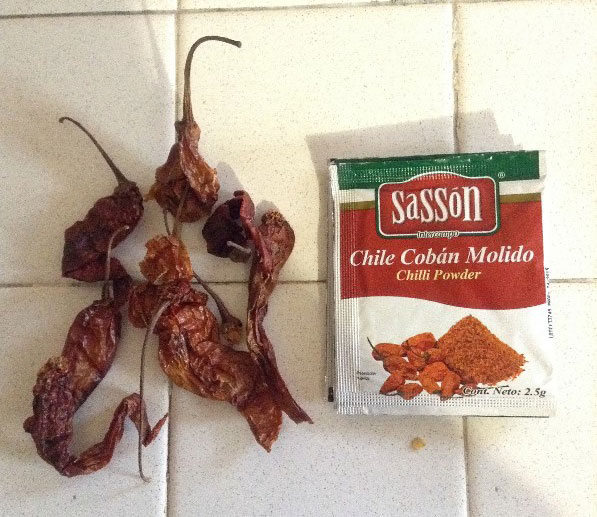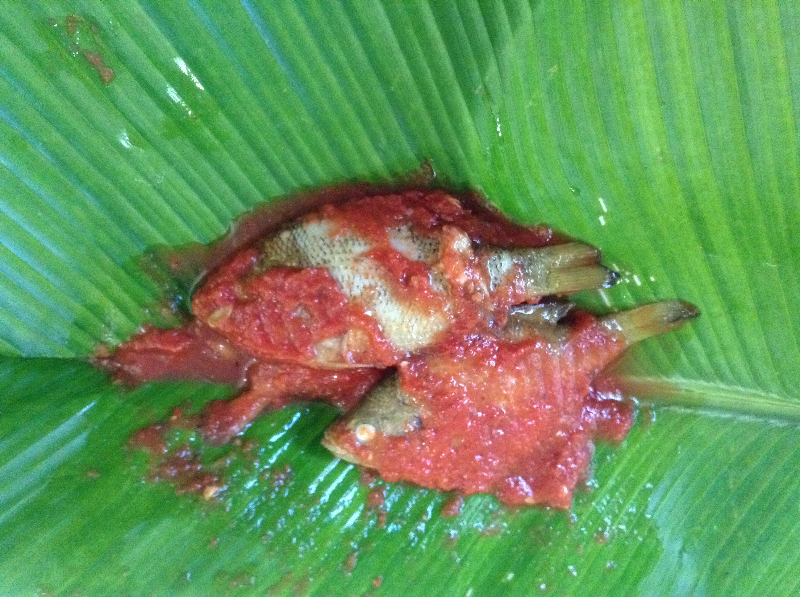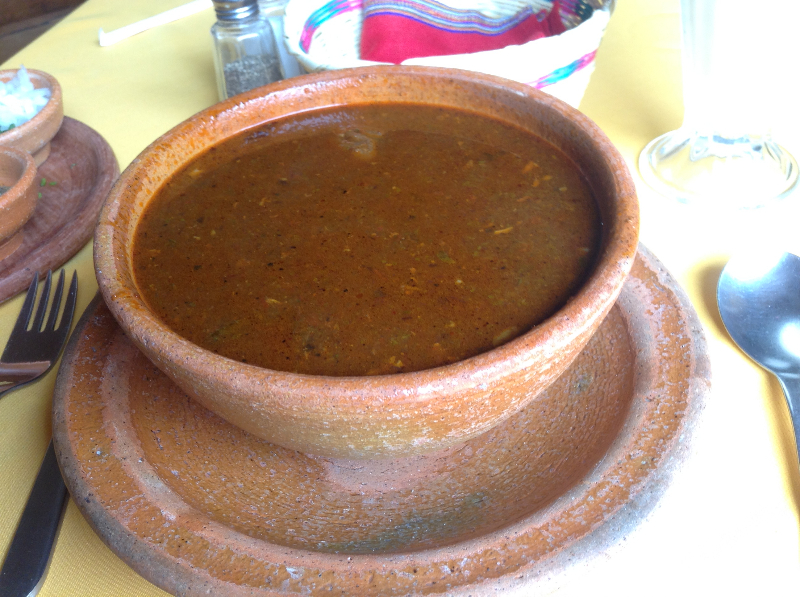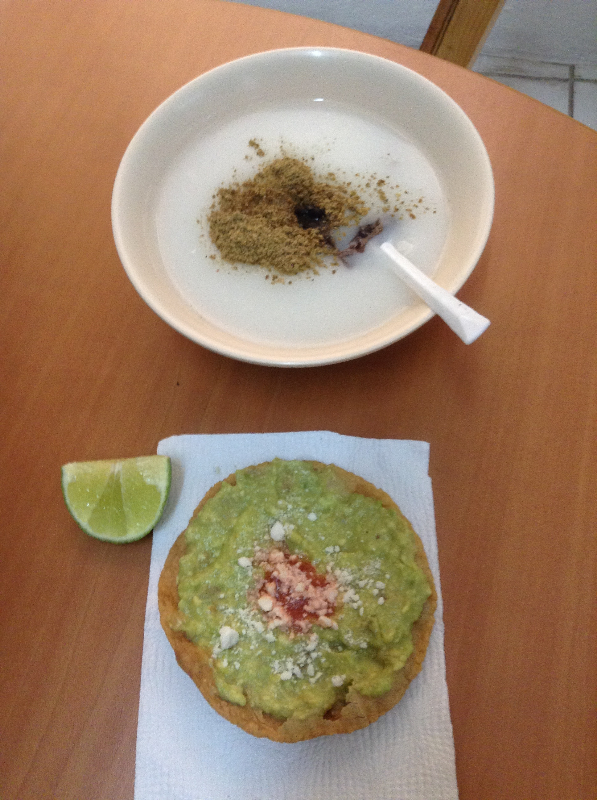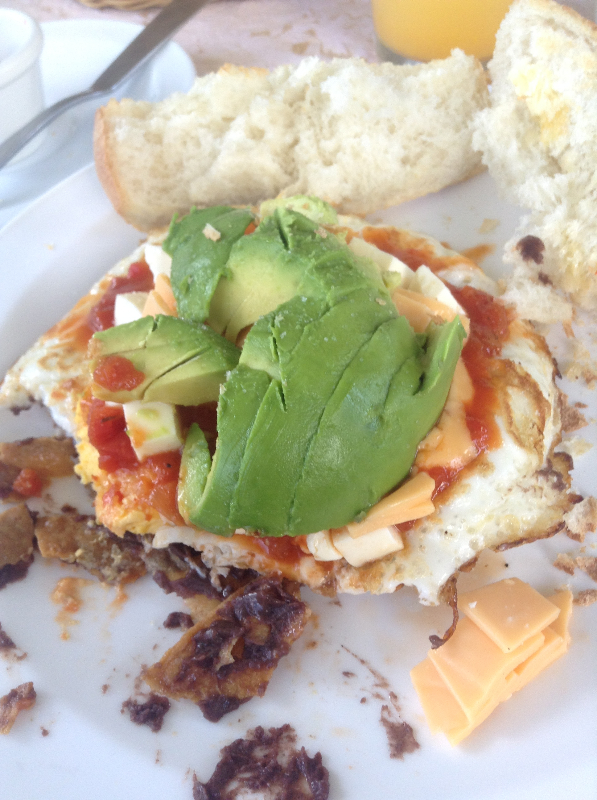
Discovering the (Bio) Diversity of foods in Guatemala
I love to discover different foods and ingredients when I am travelling. I see this variety as an example of the different uses people give to the unique biodiversity of their country. Starting with the very typical “chiles”: fresh and dry chili peppers of all kinds and continuing with some unique fruits and exotic sauces, the country has something to offer to curious tourists and residents alike.
Chile from Coban
This subject really fascinates me. I even organized a workshop one year ago for the Friends of The Botanical Garden of Montreal called “Biodiversity, we can eat it too” where the participants tried many new foods, from jelly fish to insects, and from Bamboo tea to plantain flowers. So, of course that one of my first questions to my volunteer coordinator in my first day here was about the unique and typical foods. Two and a half months later I can say I tried a lot. It helps that I live right next to the municipal fresh produce market.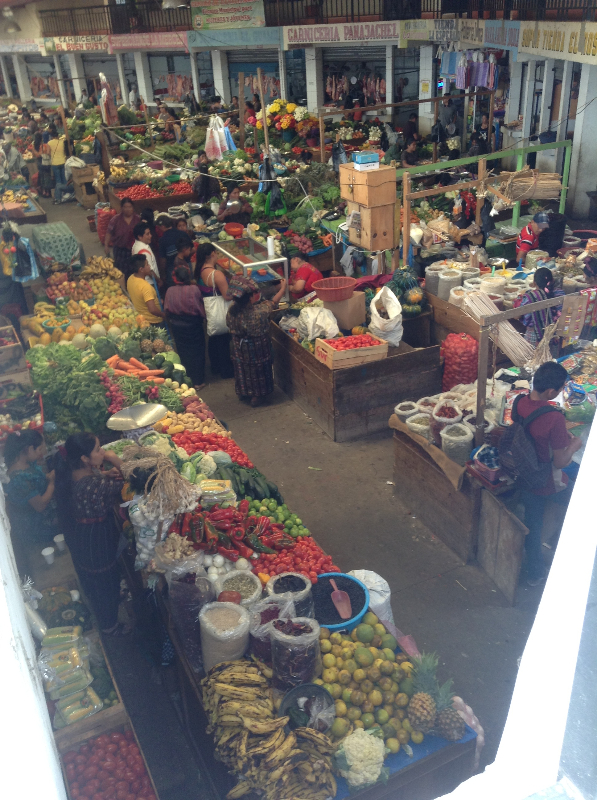
Panajachel's Market
The first opportunity that I had, I tried the “Patin” in Santiago de Atitlan. These are very small and whole dry fish cooked in tomato sauce and enveloped in a maxan leaf.Patin fish
One of my big loves is the Kak iq sauce with turkey. This pre Hispanic sauce, which name means hot and red was declared a non material cultural patrimony of the country. The sauce includes tomato, chilies, garlic, cinnamon, and spices. It is eaten with corn tamales and rice. I ate this in a traditional restaurant in the beautiful city of Antigua. Another sauce eaten with chicken is the Pepian, a mixture of squash, tomato and spices.Kak iq
The atoles are traditional drinks made with plantain or white corn, spices, and sugar or salt. They are served in the markets with chips or cinnamon, depending if it will be salty or sweet.Atole and tostada with guacamole
My colleagues told me about the oyster mushrooms covered in egg and amaranto powder and fried. I couldn’t find it in the markets, so I cooked it myself, and really loved it. There is a big variety of little snacks in every corner. They may be tamales (corn meal with a stuffing enveloped in a corn leave), plantains also stuffed with black beans or chocolate or fried tortillas with guacamole and cheese.Eggs with guacamole
I discovered little fruits with names like sauco and nance and rediscovered the blackberries soaked in rum and honey, and candied figs. But nothing is more a sample of the biodiversity of the country as the peppers: they may be sweet, smoked or terrible hot, they may be smaller than a coin or long as a banana, with colors like red, browns, yellow, or green. Everybody likes them, and they are a part of every meal either dry in a sauce, in powder, in conserve or in cans. The Mayan people have known for millennia how to use their natural food resources, now I am lucky to be here and try it all!